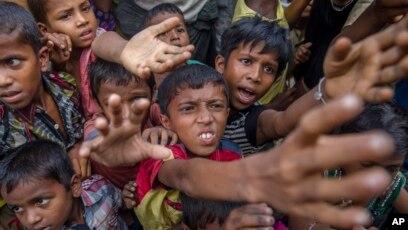Introduction
The plight of Myanmar refugees continues to be a pressing humanitarian issue. Access to adequate health care is a fundamental right for all individuals, yet many refugees face significant barriers in obtaining necessary medical services. This article explores the current health care landscape for Myanmar refugees and the efforts being made to improve their access to health services.
Current Challenges in Health Care Access
Myanmar refugees often encounter numerous challenges when seeking medical care. Lack of resources, language barriers, and limited access to health facilities exacerbate their already precarious situations. Many refugees live in camps or urban areas where health services are sporadic and poorly equipped to handle their specific needs.
Insufficient Infrastructure
The health care infrastructure in regions hosting Myanmar refugees is often inadequate. In many cases, clinics are overcrowded, under-resourced, and unable to provide comprehensive services. This lack of infrastructure leads to delays in treatment and worsens health outcomes for vulnerable populations.
Language and Cultural Barriers
Language and cultural differences further complicate health care access for Myanmar refugees. Many refugees may not speak the local language, making communication with medical providers challenging. This can lead to misunderstandings, misinformation, and a lack of trust in the health care system.
Efforts to Improve Health Care Access
Several organizations are working tirelessly to address these challenges and improve health care access for Myanmar refugees. Initiatives include providing mobile clinics, training local health care providers, and increasing awareness about available services. Such efforts aim to bridge the gap between refugees and the health care they desperately need.
Collaborations and Partnerships
Collaboration among various stakeholders is essential for enhancing health care access. NGOs, government agencies, and local communities must work together to create sustainable health solutions. By pooling resources and expertise, these partnerships can lead to more effective interventions tailored to the unique needs of Myanmar refugees.
Conclusion
Expanding health care access for Myanmar refugees is not only a moral obligation but also a necessity for global health. By addressing the barriers they face and implementing targeted solutions, we can ensure that these vulnerable populations receive the care they need. For more information on this pressing issue, visit Borgen Project.

